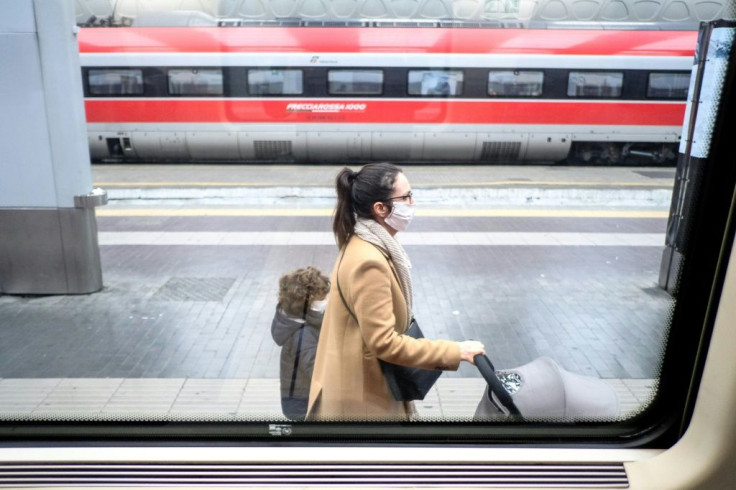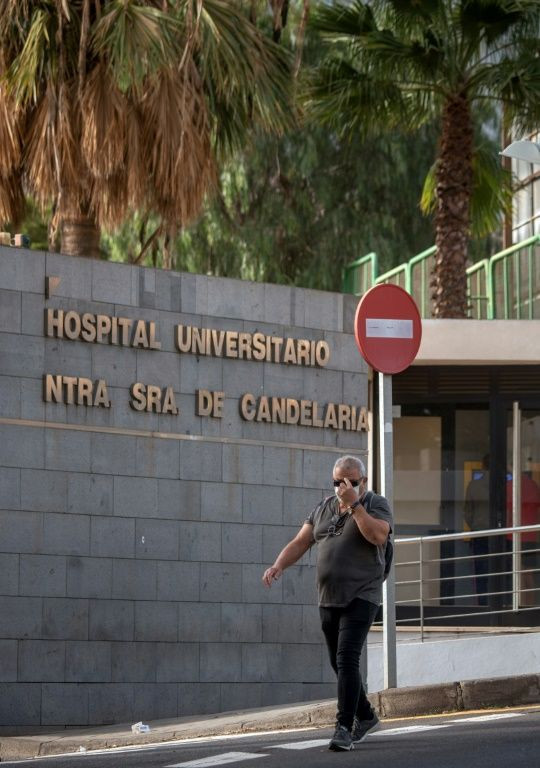Italy Coronavirus Outbreak Spreads South As Cases Spike

Italy's new coronavirus spread south on Tuesday to Tuscany and Sicily, as the civil protection agency reported a surge in the number of infected people and Rome convened emergency talks.
Prime Minister Giuseppe Conte has blamed poor management in a hospital in the country's north for the outbreak, which has caused seven deaths in Italy so far and infected the largest number of people in Europe.
Tuscany reported its first two cases, including one in the tourist destination of Florence, while Sicily marked one: a tourist from the worst-hit Lombardy region, where 212 people have tested positive.
The female tourist in Sicily, who had been staying in a hotel in Palermo, tested positive on the first swab but was awaiting the definitive result from Italy's institute of infectious diseases, civil protection agency chief Angelo Borrelli said.
Health ministers from neighbouring countries were to meet in Rome as the number of confirmed infections jumped to 283, with over 50 new cases reported since Monday.
The EU's health commissioner and other international health officials were also expected in the Italian capital Tuesday.
Hundreds of people were confined to their rooms at a Tenerife hotel after an Italian tourist was hospitalised with a suspected case of coronavirus, health officials in the Canary Islands said.

While no neighbouring country has closed its borders with Italy, several governments have announced additional measures for travellers arriving from Italy, in particular from the two northern regions of Lombardy and Veneto.
They range from medical screening to recommendations to self-isolate.

Several upcoming matches in Italian Serie A and the Europa League will be played behind closed doors to combat the spread of the disease.
Production of the latest "Mission: Impossible" film starring Tom Cruise in Venice has been stopped following the outbreak.
The main centre of infection in Italy has been the town of Codogno, a town of some 15,000 people around 60 kilometres (35 miles) to the south of Milan.
Codogno and several others in northern Italy have been put under isolation in an attempt to stem the spread of the virus.
The 38-year-old man dubbed "Patient One" by Italian media was admitted to hospital last Wednesday in Codogno, and it is thought a large number of the cases in the worst-hit region of Lombardy can be traced back to him.
His heavily pregnant wife, several doctors, staff and patients at the hospital are thought to have caught the virus from him.
As well as the towns placed under quarantine, further wide-ranging measures have affected tens of millions of inhabitants in the north of Italy, with schools closed and cultural and sporting events cancelled.
Elsewhere in the country officials have also been recommending precautionary measures.
In Calabria in the south, bishops have asked their worshippers not to make the sign of peace during mass, media reported.
© Copyright AFP {{Year}}. All rights reserved.





















